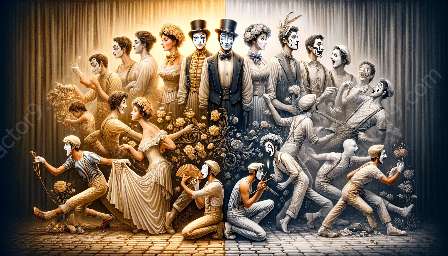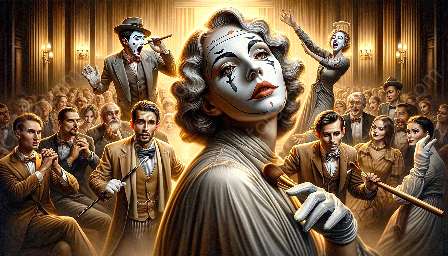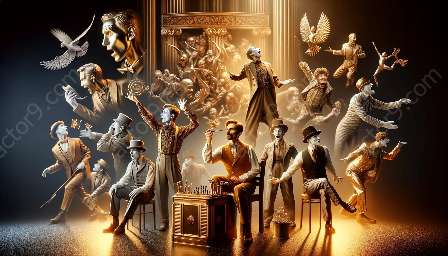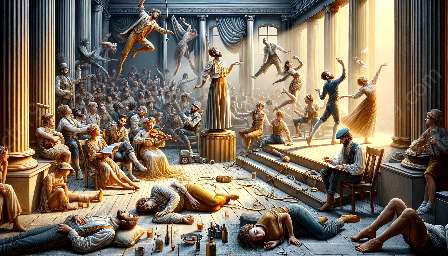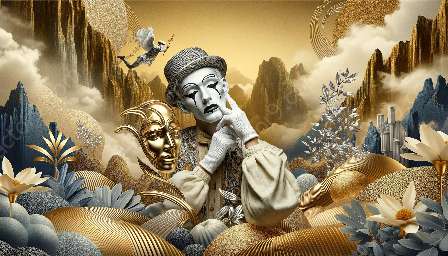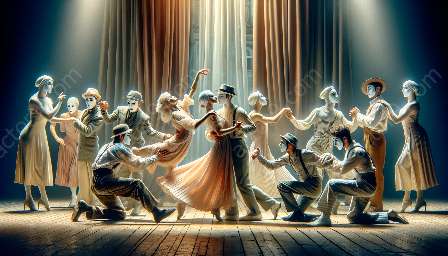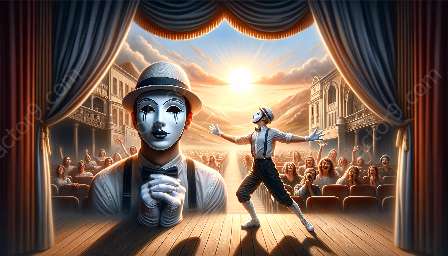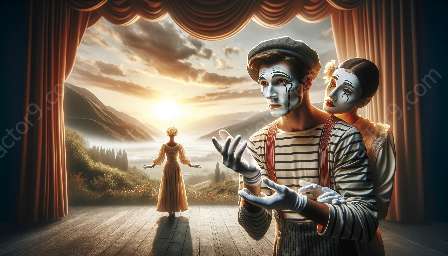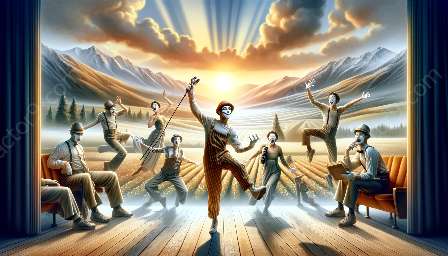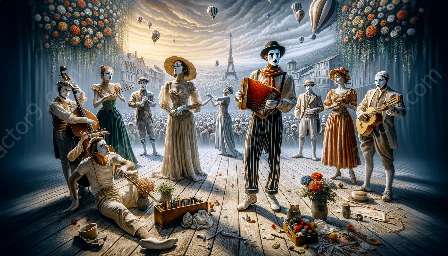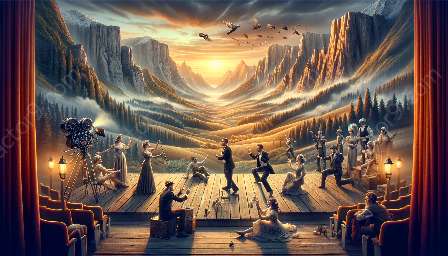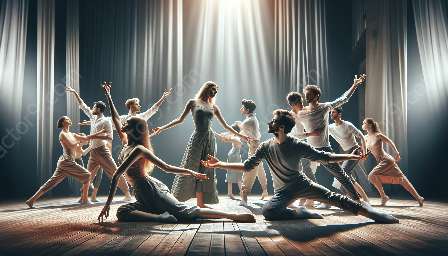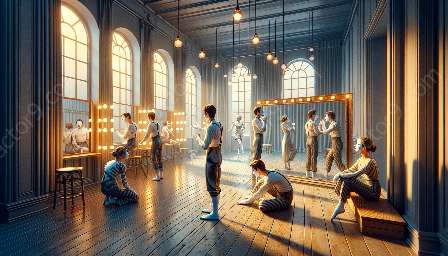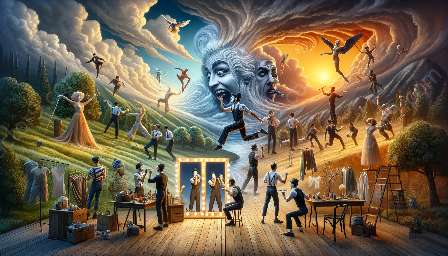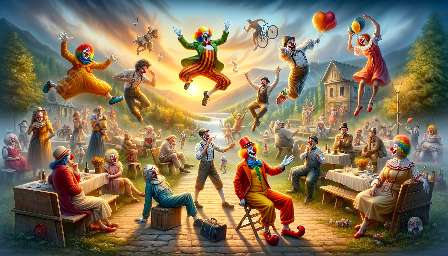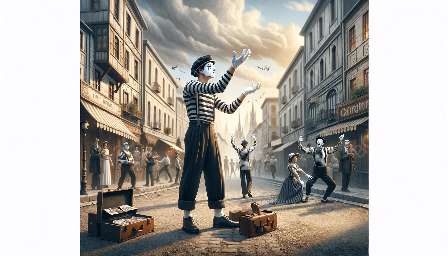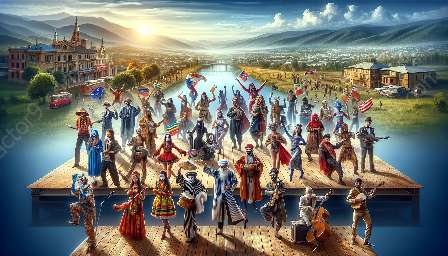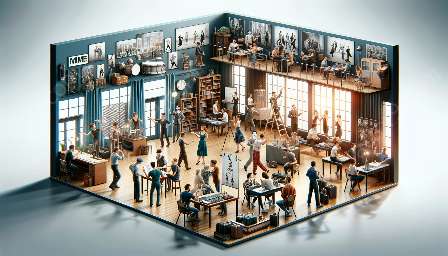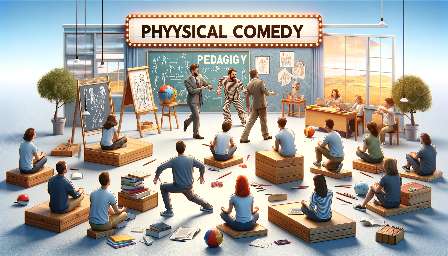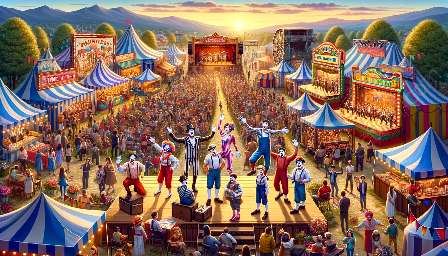Mime performances are known for their ability to create illusions that captivate and entertain audiences. The art of illusion in mime encompasses a wide range of techniques and elements that contribute to the magic and realism of these performances.
The Art of Illusion in Mime
Mime artists use a variety of techniques to create illusions that deceive the audience's perception and make the impossible seem real. From imaginary objects to physical transformations, mime performers master the art of mimicry and create illusions using movement, gestures, and facial expressions.
Techniques of Illusion
One of the key techniques used in creating illusions in mime performances is mime's ability to interact with imaginary objects. By mimicking the weight, texture, and shape of invisible objects, mime artists can make it appear as if they are interacting with real, tangible objects. Another technique involves miming physical transformations, such as changing the size or shape of an object, or even transforming into a different character altogether.
Elements of Illusion
Several elements contribute to the art of creating illusions in mime performances. These include the use of props and costumes, lighting and sound effects, and the manipulation of space to enhance the illusion. Mime performers often utilize minimalistic props and costumes to highlight their movements and gestures, drawing the audience's focus to the illusion being created.
The Relationship with Physical Comedy
Physical comedy is closely related to the art of creating illusions in mime performances. Both forms of performance rely on physicality, timing, and exaggerated gestures to convey humor and storytelling. Mime artists often employ physical comedy techniques, such as slapstick and exaggerated movements, to enhance the illusion and engage the audience's emotions.
Captivating Audiences
When executed skillfully, creating illusions in mime performances can captivate audiences and evoke a sense of wonder and enchantment. The seamless integration of illusion, physical comedy, and storytelling in mime performances highlights the artistry and skill of the performers, leaving a lasting impression on the audience.
Conclusion
The art of creating illusions in mime performances is a multifaceted and captivating form of artistic expression. Through the use of techniques and elements, mime artists bring the impossible to life, engaging and entertaining audiences through the art of illusion in mime and physical comedy.

